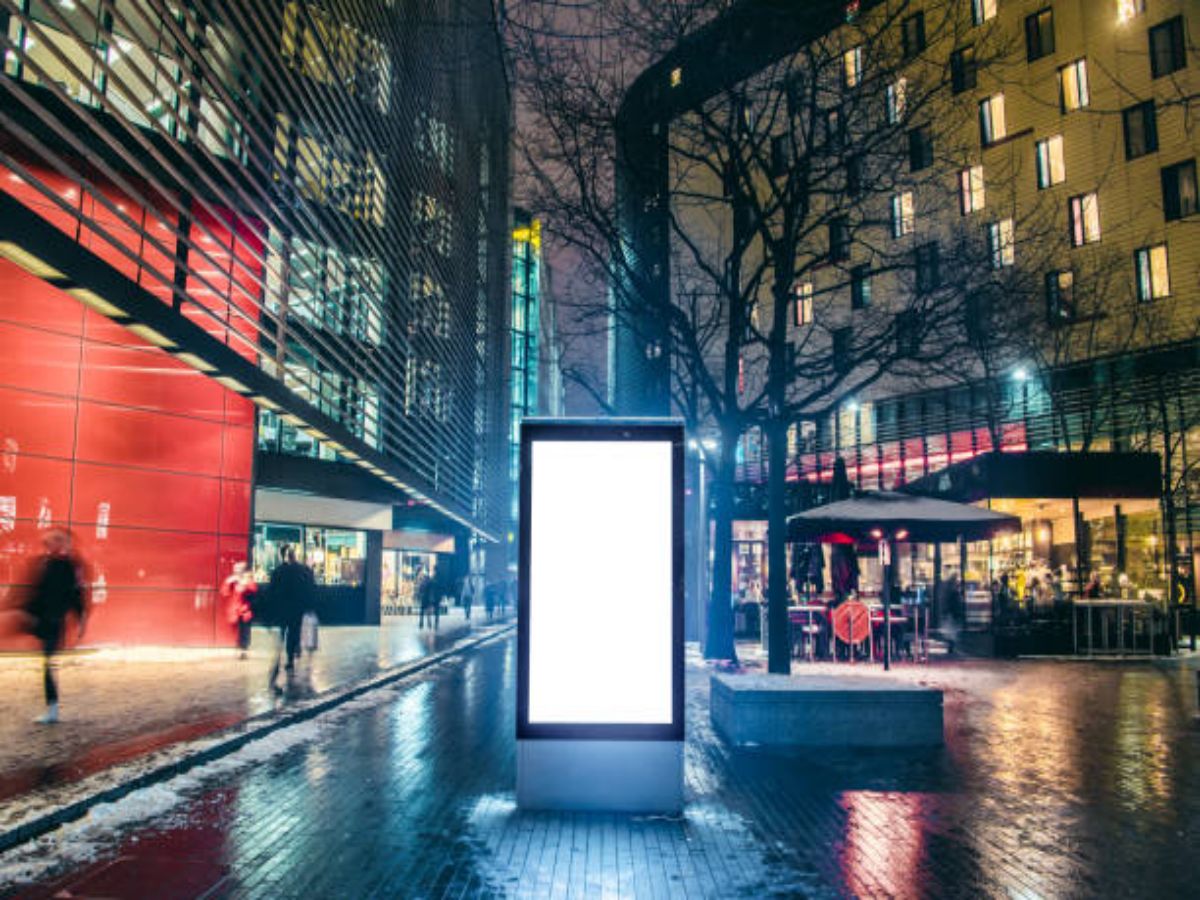Comparative Analysis: M20 Waterproof Connectors vs. IP68-rated Connectors
Waterproof connectors are essential in a wide range of industries, where reliable electrical connections in wet or harsh environments are required. Two popular options in the market are M20 waterproof connectors and IP68-rated connectors. In this comparative analysis, we will explore the key differences and similarities between these two types of connectors, helping you make an informed decision for your specific application.
The Basics: M20 Waterproof Connectors
M20 waterproof connectors are industry-standard connectors that provide excellent protection against water, dust, and other contaminants. They are designed to meet IP68 standards, making them suitable for use in both indoor and outdoor environments. These connectors feature a threaded locking mechanism that ensures a secure and reliable connection. The M20 designation refers to the size of the connector, with the M20 indicating a 20mm diameter.
The Basics: IP68-rated Connectors
IP68-rated connectors, on the other hand, are a broader category of connectors that meet the IP68 standard. IP68 is an internationally recognized standard that specifies the degree of protection provided against solids and liquids. Connectors with an IP68 rating offer the highest level of protection against dust, dirt, water, and even submersion in water for extended periods. Unlike M20 connectors, IP68-rated connectors come in various sizes and designs to cater to different needs.
Waterproofing Capabilities
When comparing the waterproofing capabilities of M20 waterproof connectors and IP68-rated connectors, it's important to note that both offer a high degree of protection. However, IP68-rated connectors generally provide superior waterproofing performance due to their ability to withstand submersion in water for extended periods. This makes them ideal for applications where the connectors may be exposed to heavy rain, underwater conditions, or frequent water splashes.
Physical Durability
Another factor to consider is the physical durability of the connectors. M20 waterproof connectors are known for their rugged construction and ability to withstand harsh conditions, including extreme temperatures and vibrations. IP68-rated connectors, being a broader category, can vary in terms of their physical durability depending on the specific design and manufacturer. It's important to carefully evaluate the specifications and choose connectors that meet the requirements of your application.
Installation and Maintenance
When it comes to installation and maintenance, M20 waterproof connectors are often favored for their ease of use. The threaded locking mechanism allows for quick and secure connections, while the standardized M20 size ensures compatibility with a wide range of devices and equipment. IP68-rated connectors, on the other hand, may require more specialized installation procedures depending on their design and features. Additionally, the maintenance requirements for both types of connectors are generally minimal, but it's always recommended to follow the manufacturer's guidelines.
Application Flexibility
Both M20 waterproof connectors and IP68-rated connectors offer a high degree of application flexibility. The M20 connectors are widely used in industries such as automotive, marine, and industrial automation, where they can be easily integrated into existing systems. IP68-rated connectors, with their varying sizes and designs, cater to a broader range of applications, including outdoor lighting, renewable energy systems, and underwater equipment. It's important to assess the specific needs of your application to determine which type of connector is most suitable.
Pricing Considerations
When comparing the pricing of M20 waterproof connectors and IP68-rated connectors, it's essential to consider the specific features and quality of the connectors. M20 connectors, being a standardized product, are generally more affordable and readily available. IP68-rated connectors, on the other hand, may vary in price depending on their design, specifications, and manufacturer. It's important to balance the cost with the required performance and durability for your application.
Compatibility with Other Equipment
Ensuring compatibility with other equipment is crucial when selecting connectors. M20 waterproof connectors, being an industry-standard, are designed to be compatible with a wide range of devices and equipment that support the M20 size. IP68-rated connectors, however, may have different designs and sizes, requiring careful consideration to ensure compatibility. It is recommended to consult the manufacturer's specifications and conduct thorough compatibility tests before finalizing the connector choice.
Environmental Considerations
Both M20 waterproof connectors and IP68-rated connectors are designed to withstand harsh environmental conditions. However, it's important to assess the specific environmental factors that the connectors will be exposed to. M20 connectors are well-suited for applications where exposure to water, dust, and contaminants is expected. IP68-rated connectors, with their higher rating, offer an extra layer of protection and are better suited for extreme conditions such as submersion, high-pressure water jets, or exposure to corrosive substances.
Conclusion
In conclusion, both M20 waterproof connectors and IP68-rated connectors offer reliable and robust solutions for applications requiring waterproof connections. The choice between the two depends on factors such as the required waterproofing capabilities, physical durability, installation and maintenance requirements, application flexibility, pricing, compatibility, and environmental considerations. By carefully evaluating these factors, you can select the most appropriate connector type that meets your specific needs, ensuring a reliable and long-lasting electrical connection in wet or harsh environments.

